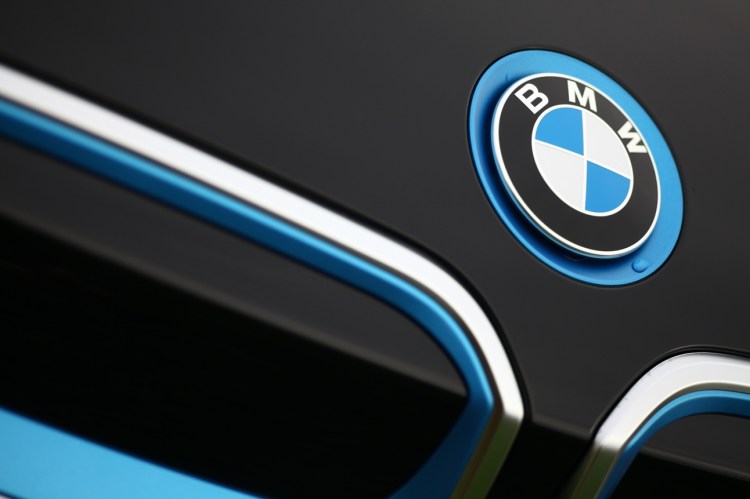BMW is planning to put 40 autonomous test cars on public roads in the second half of 2017, as the race to capitalize on the burgeoning self-driving car industry intensifies.
The German luxury car maker teamed up with chip giant Intel and Mobileye, an Israeli computer vision company specializing in building driverless car technology, back in July when they first announced plans to put self-driving cars into full production by 2021.
Speaking at a joint press conference at CES 2017 in Las Vegas, the three firms revealed that BMW 7 vehicles will “employ cutting-edge Intel and Mobileye technologies” as part of the trials that will take place in the U.S. and in Europe. In addition to their collaboration, the companies revealed that they have developed a “scalable architecture” that can be used by other carmakers — so in effect they’re working on a white-label platform that can be used by other brands.
“This partnership has all of the skills and talent necessary to overcome the enormous technological challenges ahead and commercialize self-driving vehicles,” explained Klaus Fröhlich, member of the management board at BMW AG for Development. “Therefore, we are already thinking in terms of scalability and welcome other companies — manufacturers, suppliers or technology companies — to participate and contribute to our autonomous platform. This year our fleet of vehicles will already test this joint technology globally under real traffic conditions.”
BMW first revealed its plans for self-driving cars last May when it discussed a futuristic concept car called the iNext, which it touted as its “innovation driver” for autonomous driving. And it’s the iNext that will form the building blocks of its autonomous driving strategy. “This is a significant step towards the introduction of the BMW iNEXT in 2021, which will be the BMW Group’s first fully autonomous vehicle,” continued Fröhlich.
We’re starting to see a significant degree of collaboration between the automotive and technology industries — car companies typically don’t have the technological smarts to build self-driving cars, while technology companies don’t have the automotive capabilities. So partnerships like the one we’re seeing between BMW, Intel, and Mobileye is to be expected — self-driving cars will drive demand for high-end chips, which is where Intel comes into play. And self-driving cars need to be able to understand their environment, which is where Mobileye will help. That the trio is opening the platform to other companies also reveals that the race is on to become one of the default platforms powering the self-driving car industry.
“From an industry perspective, we are already seeing savings and speed in development by sharing development costs and in pooling resources to develop a complete autonomous platform,” added Intel CEO Brian Krzanich. “The car-to-cloud system will perform with consistent, predictable behavior and is validated to the highest level of safety. That’s why this partnership is breaking new ground. We have established a dedicated team with clear, shared goals and a culture of innovation and agility and accountability.”
We saw a number of notable developments in the autonomous car realm last year. The world’s first public self-driving taxi service hit Singapore roads in August, courtesy of NuTonomy, with Uber following suit a month later in Pittsburgh. Uber’s foray into San Francisco in December was short-lived, however, with the company conceding defeat in its battle with California’s Department of Motor Vehicles.


